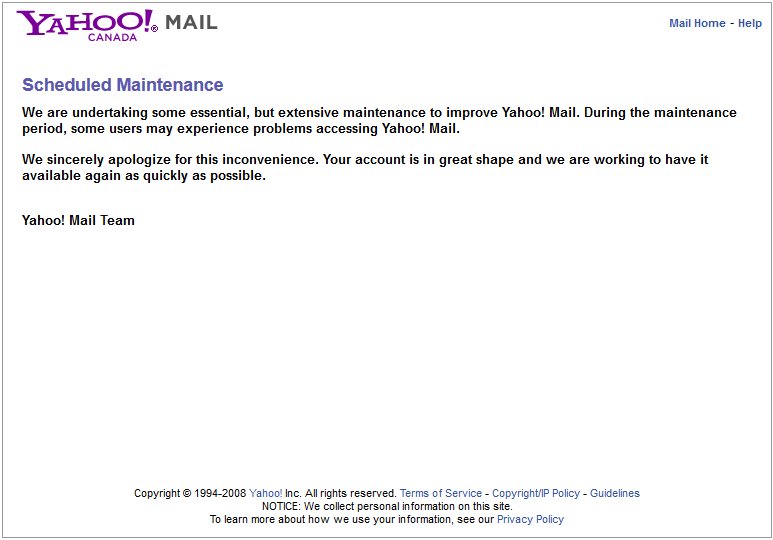In the Guardian, Cory Doctorow spells out a few good reasons why you should be bothered by PRISM and other governmental data-trawling efforts:
The revelations about Prism and other forms of NSA dragnet surveillance has got some people wondering what all the fuss is. When William Hague tells us that the innocent have nothing to fear from involuntary disclosure, it raises questions about exactly what harms might come about from being spied upon. Here are some reasons you should care about privacy, disclosure and surveillance.
We’re bad at privacy because the consequences of privacy disclosures are separated by a lot of time and space from the disclosures themselves. It’s like trying to get good at cricket by swinging the bat, closing your eyes before you see where the ball is headed, and then being told, months later, somewhere else, where the ball went. So of course we’re bad at privacy: almost all our privacy disclosures do no harm, and some of them cause grotesque harm, but when this happens, it happens so far away from the disclosure that we can’t learn from it.
You should care about privacy because privacy isn’t secrecy. I know what you do in the toilet, but that doesn’t mean you don’t want to close the door when you go in the stall.
You should care about privacy because if the data says you’ve done something wrong, then the person reading the data will interpret everything else you do through that light. Naked Citizens, a short, free documentary, documents several horrifying cases of police being told by computers that someone might be up to something suspicious, and thereafter interpreting everything they learn about that suspect as evidence of wrongdoing. For example, when a computer programmer named David Mery entered a tube station wearing a jacket in warm weather, an algorithm monitoring the CCTV brought him to the attention of a human operator as someone suspicious. When Mery let a train go by without boarding, the operator decided it was alarming behaviour. The police arrested him, searched him, asked him to explain every scrap of paper in his flat. A doodle consisting of random scribbles was characterised as a map of the tube station. Though he was never convicted of a crime, Mery is still on file as a potential terrorist eight years later, and can’t get a visa to travel abroad. Once a computer ascribes suspiciousness to someone, everything else in that person’s life becomes sinister and inexplicable.





